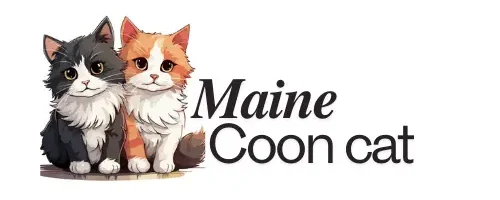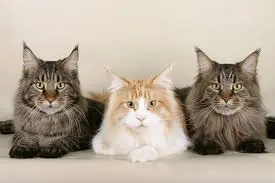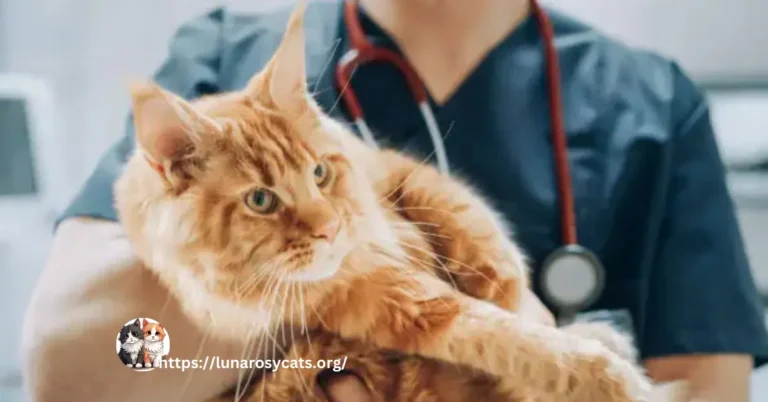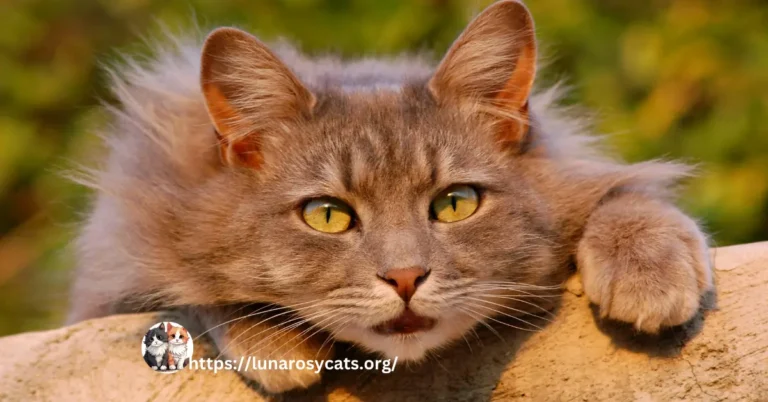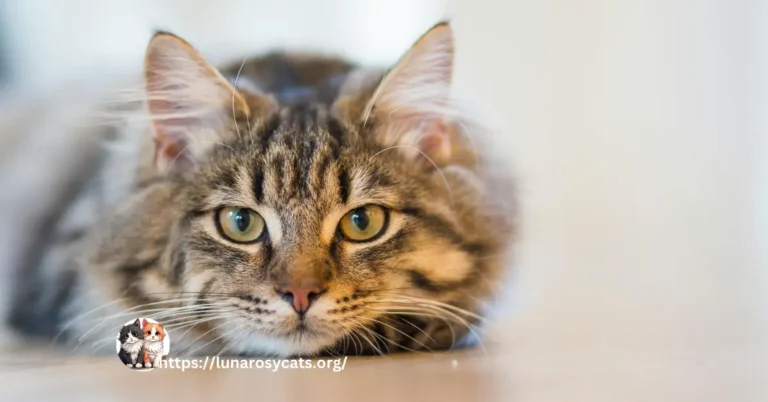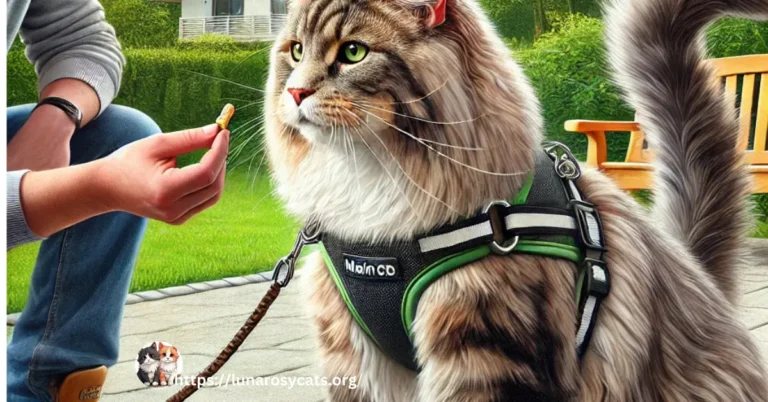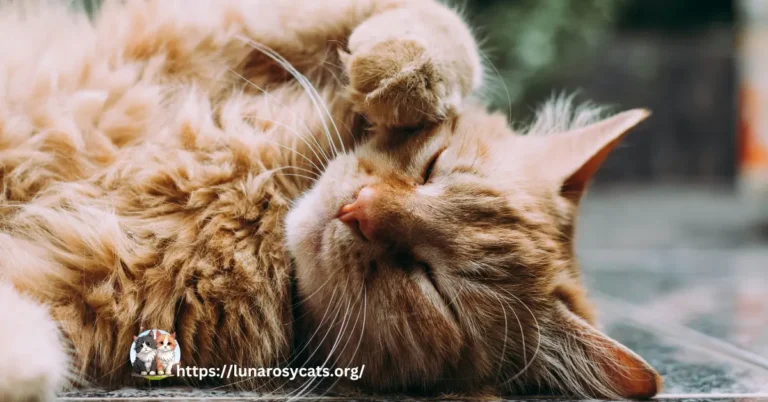Ultimate Guide for Maine Coon Owners: All You Must To Know!
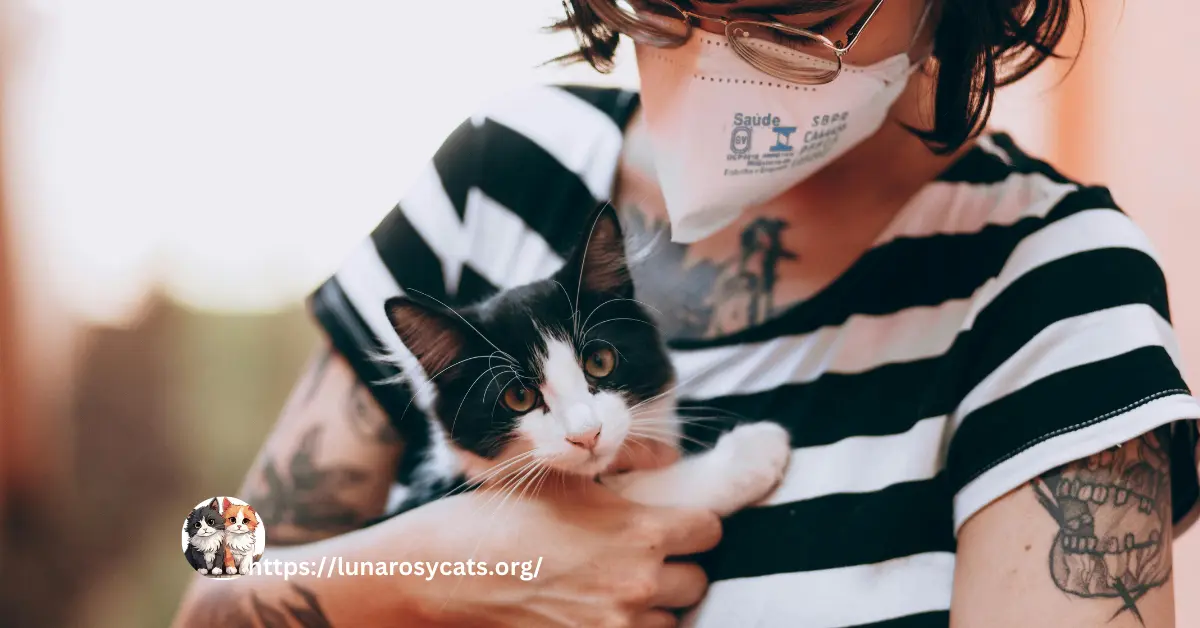
Welcome to the ultimate guide for Maine Coon owners! Here, you’ll learn about their unique traits, grooming needs, diet, and health tips to keep them thriving.
In this guide, we’ll cover everything you need to know to care for your Maine Coon. From understanding their personality and grooming needs to providing a balanced diet and preventive health tips, this guide is packed with practical information to help both new and experienced owners. Get ready to give your Maine Coon the best life possible!
Understanding the Maine Coon Breed
To care for a Maine Coon properly, it’s important to know the origins, personality traits, and unique physical characteristics that set this breed apart.
Origin and History
Maine Coons are believed to have originated in North America, specifically Maine, which explains their name. Known as the “gentle giants” of the cat world, they are one of the largest domesticated cat breeds and are celebrated for their friendly, social personalities.
Personality Traits
Maine Coons are known for their dog-like loyalty and affection. They are playful, intelligent, and love being around people. These cats are also highly adaptable, making them great companions for families, singles, and even homes with other pets.
Physical Characteristics
Maine Coons are large, muscular cats with thick, water-resistant coats and tufted ears. They have a bushy tail, often as long as their body, and a mane around their neck, giving them a lion-like appearance. Their size and stunning looks make them stand out among other breeds.
Essential Care Tips for Maine Coon Owners
Knowing the essentials of Maine Coon care will help keep your cat healthy, happy, and comfortable in your home.
Grooming Requirements
With a thick, double-layered coat, Maine Coons require regular grooming to prevent mats and tangles. Brush them at least twice a week to keep their coat healthy. Bathing is optional, but occasional baths can help with shedding, especially during seasonal changes.
Diet and Nutrition
Maine Coons have specific dietary needs due to their size and energy levels. Feed them high-quality cat food rich in protein, with a balance of fats and carbs. Avoid overfeeding, as they can easily gain weight. A mix of dry and wet food is ideal for balanced nutrition.
Exercise and Enrichment
These active cats need daily play and exercise to stay fit. Provide toys that challenge them, such as puzzle toys and feather wands. Maine Coons also enjoy climbing, so consider getting a sturdy cat tree or climbing shelves.
Health and Common Medical Concerns
Keeping up with Maine Coon health needs and knowing potential risks will help prevent common issues and extend your cat’s life.
Common Health Issues
Maine Coons are generally healthy but can be prone to conditions like hip dysplasia and hypertrophic cardiomyopathy (HCM). Regular vet check-ups can help catch these issues early.
Preventive Health Care
Schedule regular vet visits to keep up with vaccinations, dental care, and health screenings. Brush their teeth weekly, and check their ears for dirt or wax buildup to prevent infections.
Signs of Illness
Be aware of changes in behavior, appetite, or litter box habits. If your cat shows signs like difficulty breathing, limping, or sudden lethargy, consult a vet immediately. Early intervention is crucial in preventing serious health issues.
Creating a Comfortable Home Environment
A cozy, safe, and enriching environment helps your Maine Coon feel secure and fully at ease in your home.
Safe Living Space
Maine Coons are curious and enjoy exploring, so create a safe environment free from hazards. Secure any small objects they might swallow, and ensure windows or balconies are safely enclosed.
Furniture and Accessories
Because of their large size, invest in sturdy furniture like scratching posts and extra-large cat beds. Maine Coons love climbing, so cat trees and perches are ideal for satisfying their natural instincts.
Socialization and Behavior Training
Maine Coons are highly social and enjoy human interaction. Spend quality time with them, and use positive reinforcement techniques for training. They respond well to praise and treats, making training an enjoyable bonding activity.
Key Training Tips for Maine Coon Owners
Training your Maine Coon can be easy and enjoyable, especially if you focus on the basics and use positive reinforcement.
Litter Box Training
Maine Coons are generally easy to litter-train. Choose a large, sturdy litter box to accommodate their size and place it in a quiet, accessible area. Keep it clean to encourage good habits.
Positive Reinforcement Techniques
Reward good behavior with treats and affection. Maine Coons respond well to positive reinforcement, so praise them when they follow commands or use the scratching post instead of furniture.
Travel Tips
If you need to travel with your Maine Coon, make sure you have a spacious carrier. Familiarize them with the carrier beforehand to reduce stress. Bring along favorite toys or a blanket for comfort during the trip.
Frequently Asked Questions (FAQs)
Here are answers to some commonly asked questions that can help you better understand and care for your Maine Coon.
How big do Maine Coons get?
Maine Coons can weigh between 10-25 pounds, with males often being larger than females. They can grow up to 40 inches long, including their tail.
How often should I groom my Maine Coon?
Brushing them at least twice a week is recommended to manage shedding and prevent mats. Increase grooming during shedding seasons for extra care.
What should I feed my Maine Coon?
A balanced diet with high-quality protein is essential. Offer a mix of dry and wet cat food tailored to their age, weight, and activity level.
Conclusion
With this guide, you have everything you need to help your Maine Coon lead a long, healthy, and happy life. By meeting their grooming, health, and social needs, you’ll develop a deep bond with your cat and enjoy years of companionship.
For more tips, support, or to connect with other Maine Coon owners, consider exploring online communities or related articles. Here’s to making life with your Maine Coon the best it can be!
